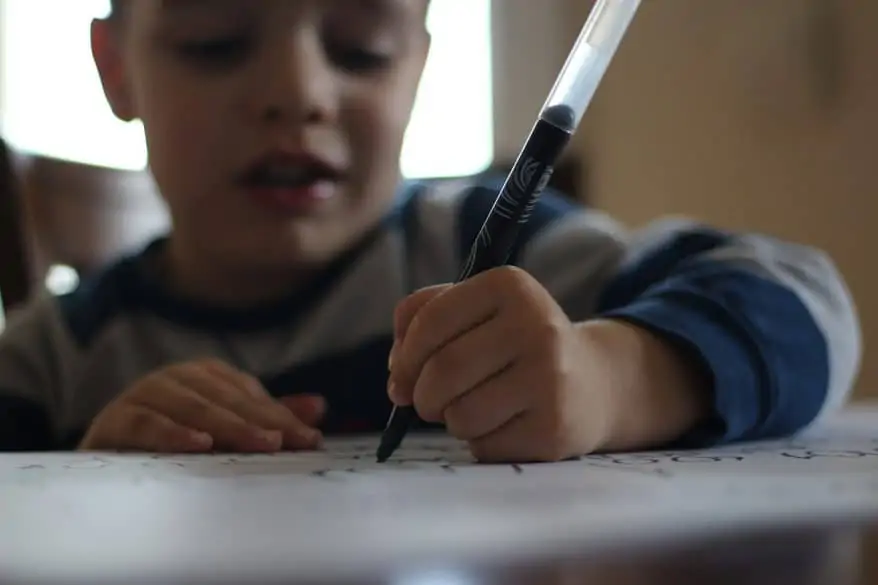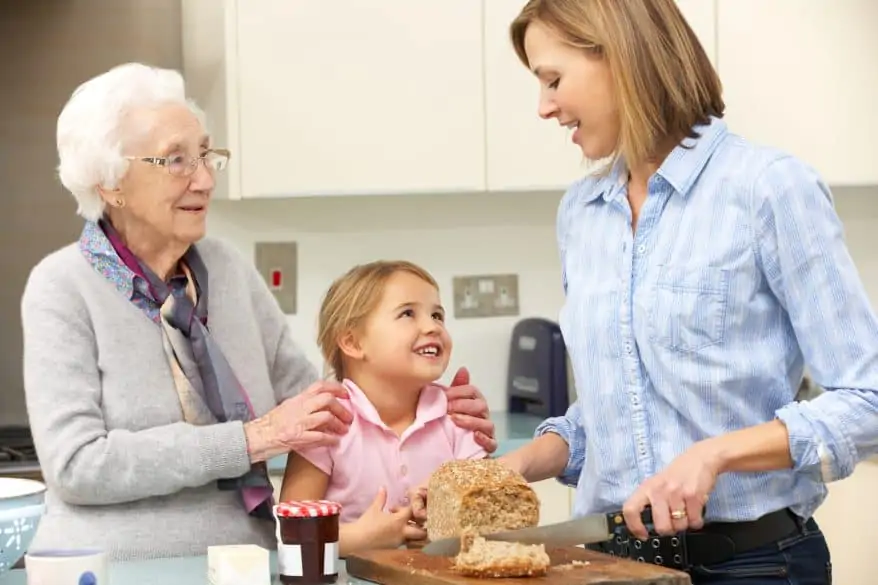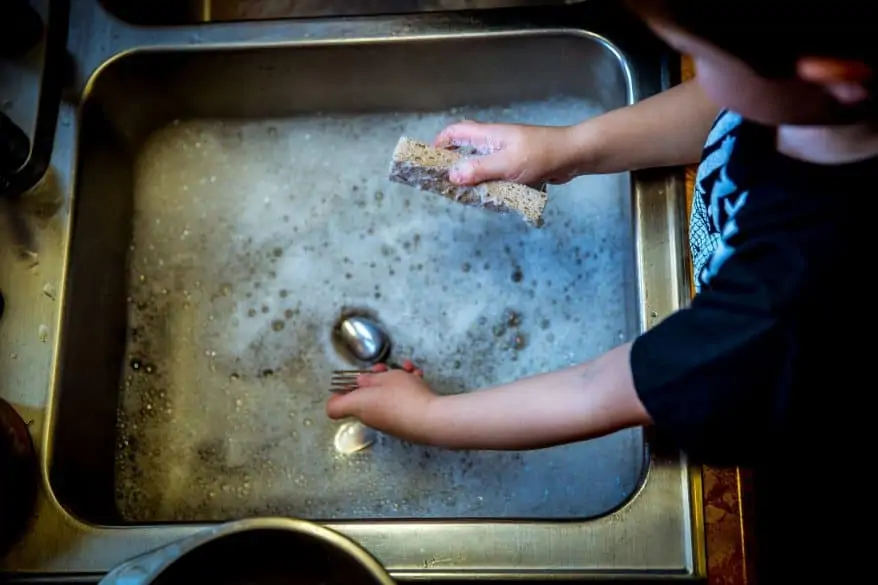My husband and I work hard to try to give our children a better life than we had. That’s the dream, right? A bigger house and more income for family trips, dinners out, and big birthday bashes. On paper it seems great, but I worry my children, who want for very little, are taking it all for granted. Is it really a better life if my kids aren’t grateful for all they have? Recently I’ve decided to implement a few strategies to help my kids develop an attitude of gratitude. Here are five tips that work for our family and hopefully yours too!
Make a List

Give your child a gratitude journal. Each day have them write down 3 things they are grateful for. Challenge them to see how many days they can go without a repeat.
Show, Don’t Tell

It can be tempting to scold a child that pushes their dinner plate away or lose your patience with squabbling siblings. Instead of telling your child that they should be grateful for their food, take them to a soup kitchen or a food bank to show them that some people don’t have enough to eat. For the siblings who are sick of each other, take them to visit with an elderly neighbor to show them that some people are lonely and would love the closeness that they share.
Put Them To Work

Giving your child chores around the house may cause some complaints at first, but the idea is to give them a sense of ownership in the family and the household. Let them be in charge of one aspect of the housework, compliment them on their hard work and hopefully they will develop a sense of pride about it. This will also show them that the chores aren’t done by a magical cleaning fairy and they’ll learn to be grateful for the work the other family members are doing too.
Let Them Pay

Even if you can afford to, don’t buy your child everything they want. Let them use their money to buy special toys or treats for themselves. The candy they buy with their own money will taste sweeter and they’ll probably take better care of toys they purchase on their own.
Model For Them

Maybe one of the best ways to teach your child to be grateful is to model the behavior for them. Start your own gratitude journal and share your list with your children. Avoid complaining about what you don’t have and let the kids hear you say why you are thankful for the things you do have. Most of all, let them know how happy they make you and how grateful you are to have them!
When your kids are surrounded with tons of toys, multiple screens to keep them entertained, and are just overwhelmed with stuff, it can be difficult to truly appreciate it all! Hopefully these 5 tips help your kids develop an attitude of gratitude!

